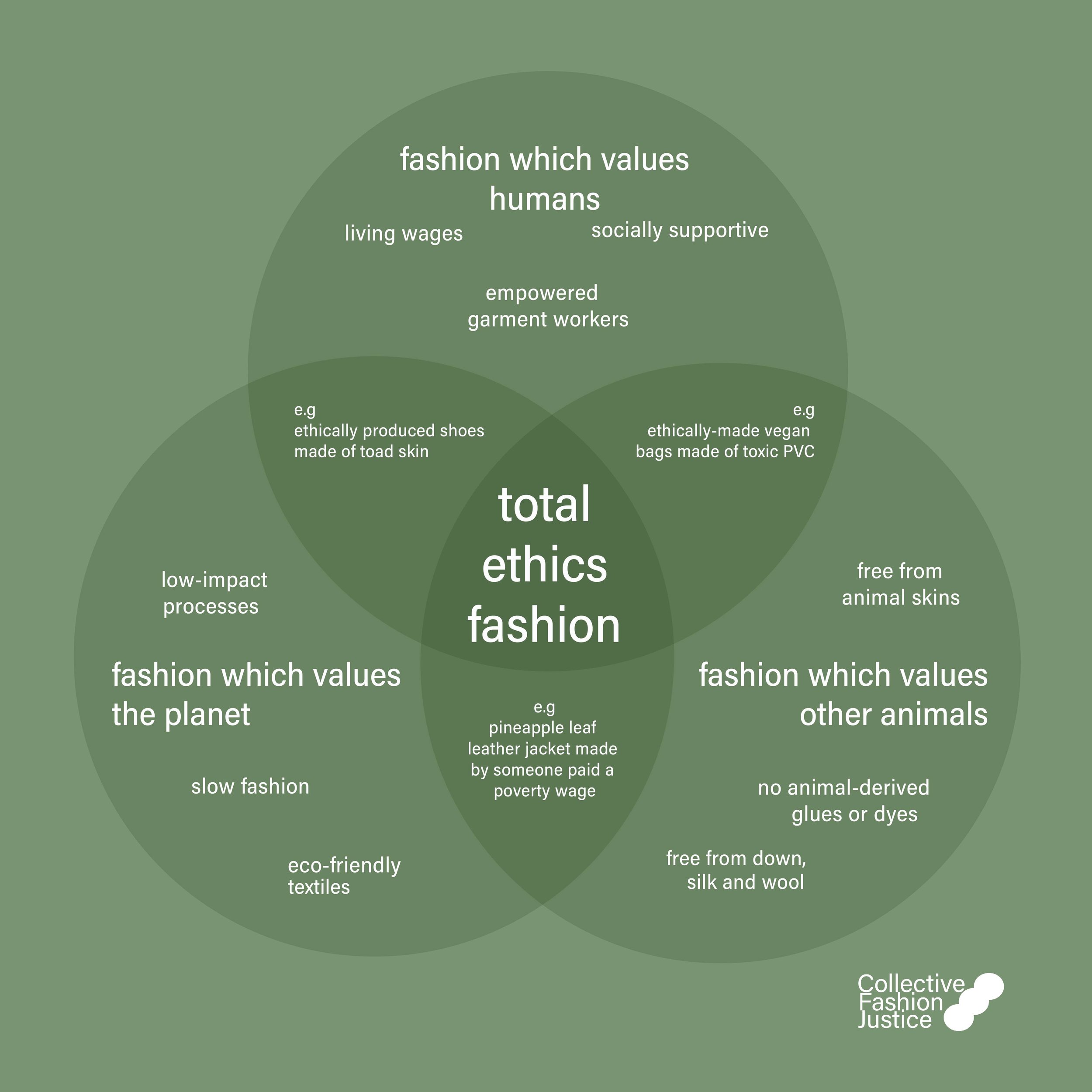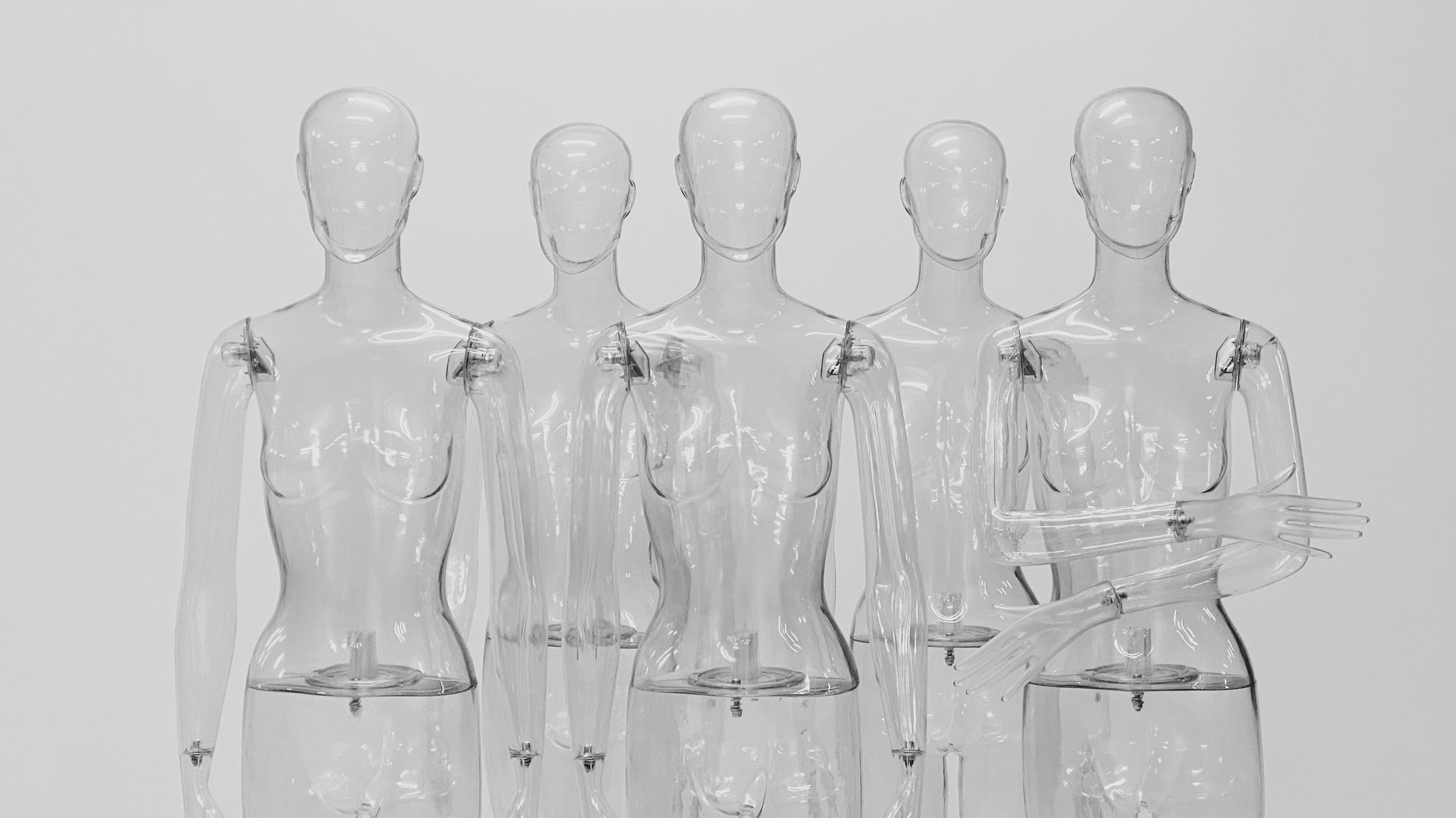We need policy-makers like you
Policy-makers like you are critical to the creation of a total ethics fashion system.
Here’s how you can get involved:
Learn about the issues in fashion
-

Animal-derived materials
Cattle, sheep, ducks, minks, foxes, crocodiles and a plethora of other species lose their freedoms and lives in unethical, unsustainable fashion systems that treat them like objects, rather than living beings.
-

Other harmful materials
Virgin synthetics derived from fossil fuels, cellulosic materials made from destroyed old-growth forests and conventional cotton all come with serious harms to humans, our fellow animals and the planet we share.
-

Worker's rights issues
People – often women of colour – who sew clothing, process textiles and farm raw materials in fashion supply chains are too often denied living wages, exploited and even forced into labour.
-

Over-production
The fast fashion model that exists today is inherently unsustainable. Experts suggest that the fashion industry must shrink its extraction and production fourfold to exist within planetary boundaries.
Get involved in policy-work for total ethics fashion
CFJ’s policy work
Legislation can be a powerful tool for the reduction of suffering, and for justice and liberation.
It’s for this reason that Collective Fashion Justice writes submissions for government inquiries, submits legally misleading advertisement complaints, as well as testifies in regards to potential new legislation relevant to our mission.
We aim to advocate for humans, non-humans and the environment impacted by the fashion industry in such spaces. Click the button below to see how you can get involved in legislative and policy change.
-

Sign our total ethics fashion manifesto
The total ethics manifesto is a chance for us all to commit to bold progress towards a fashion industry which puts the life and wellbeing of people, our fellow animals and the planet we share before profit.
The manifesto can be signed by people representing fashion brands, retailers, institutions and councils, as well as by those who work in these as individuals, lecturers, and designers. Politicians, policy-makers, journalists, scientists, academics, celebrities and influencers are also invited to sign on.
Get in touch with us
Want to work with CFJ on the creation of a bill? Want advice, consultation or testimony in support of existing proposed legislation? Get in touch with us.
info@collectivefashionjustice.org
Continue learning
-

Overcoming green-washing and misinformation in fashion
As major fast fashion brands insert themselves into discussions of sustainable fashion with an array of ‘eco-conscious’ claims, it’s important that both citizen consumers and policymakers are armed with the tools to correctly identify eco-fact from eco-fiction.
-

The IPCC’s Mitigation of Climate Change report explained
This report makes clear that action must be taken at every level, should we avoid climate catastrophe. Focusing in on the fashion industry, how can government, businesses and citizen consumers support the shift to a low-emissions sector? Click the button below to find out more.
-

What is the Leather Working Group certification?
Brands using Leather Working Group (LWG) certified leather claim to offer more sustainable and transparent leather goods. But what does the LWG auditing process and certification actually consider, and does it make for leather that is better for the planet?






